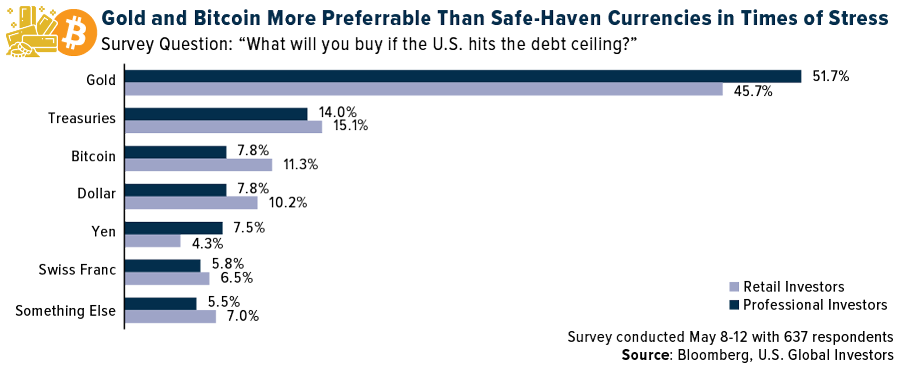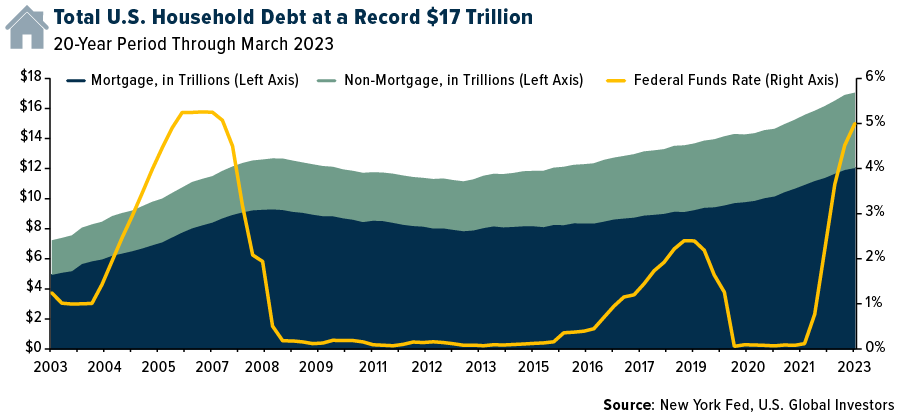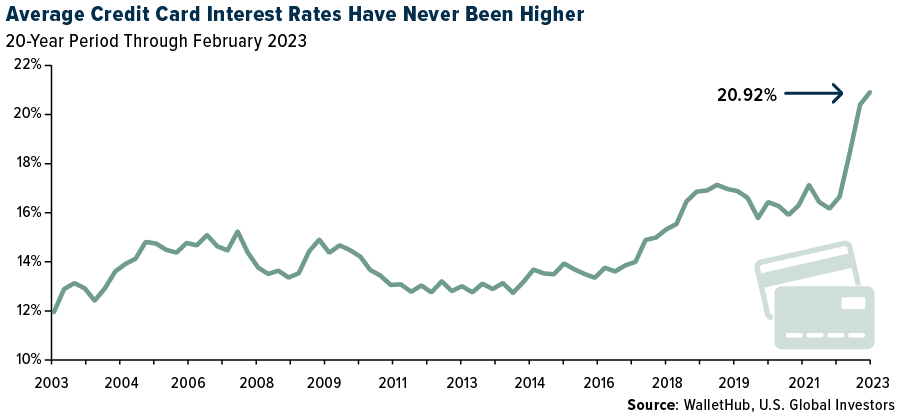Once a year, Miami becomes a global Mecca for Bitcoin enthusiasts and advocates when the city hosts the titular conference celebrating the largest digital asset by market value. With a $525 billion market cap, Bitcoin is currently the world’s 12th biggest asset, just behind Tesla (NASDAQ:TSLA) ($550 billion) and ahead of Visa (NYSE:V) ($485 billion). As I told the audience during my keynote speech, it’s remarkable that Bitcoin has managed to do this, as it has no CEO, no marketing budget and no board of directors.
Although attendance was down this year compared to last—mostly because Bitcoin’s price is still off its record high of approximately $69,000, set in November 2021—there was nevertheless an impressive turnout of investors of all ages, industry leaders, policymakers and more.
It should tell you something about Bitcoin’s rise to mainstream prominence that this year’s conference boasts not one but two presidential candidates among its speakers (Robert Kennedy Jr. and Vivek Ramaswamy), a former presidential candidate (Tulsi Gabbard), a sitting U.S. senator (Cynthia Lummis of Wyoming) and a sitting U.S. representative (Patrick McHenry of North Carolina). Both Kennedy and Ramaswamy made history by announcing that their campaigns would accept donations in the form of Bitcoin.
As you might expect, two of the most urgent topics of conversation at Bitcoin 2023 were the U.S. banking crisis and the looming debt ceiling crisis. In both cases, Bitcoin has been held up as an asset that, like gold, could potentially help individuals and households shield their wealth in the event of a financial or economic meltdown.
But these are Bitcoin evangelists, so of course they would take this position, right? What about more general investors?
Here, too, Bitcoin comes away with very high marks. Bloomberg recently asked close to 640 investors which assets they would prefer if the U.S. hit the debt ceiling and defaulted on its obligations. Bitcoin was the number three asset on the list, with 7.8% of institutional investors and 11.3% of retail investors naming the digital currency. This was enough to put it ahead of traditional safe-haven currencies such as the dollar, Japanese yen and Swiss franc.

Gold Has Had a Much Lower Correlation with the Market Than Bitcoin
Perhaps unsurprisingly, gold topped Bloomberg’s survey list, with over half of institutional investors and nearly half of retail investors favoring the yellow metal in the possible event of a U.S. default. I’ve written many times about the similarities between gold and its digital cousin Bitcoin, the most important one being that they’re decentralized. Unlike fiat currencies, gold and Bitcoin have finite supplies that can’t be tinkered with by a central banker or finance minister, making them attractive diversifiers.
A huge premium that gold has over Bitcoin, as I see it, is its very low correlation with the market. For the five-year period through May 2023, gold and the S&P 500 shared a correlation coefficient of 0.04, meaning the two were almost completely agnostic as to what the other one was doing.
Bitcoin, on the other hand, has traded very much like stocks and other risk-on assets. Over the same period, the digital currency and the market had a very strong positive correlation of 0.88, meaning it often moved in the same direction.
The Mountain of Debt Continues to Grow With U.S. Households Now Owing $17 Trillion
I believe one of the greatest investment cases for Bitcoin and gold right now is the news that debt continues to expand at both the government and household levels. According to the Federal Reserve Bank of New York, the amount of debt owed by U.S. households topped $17 trillion for the first time in the first quarter.

In the chart above, I added the federal funds rate—now in the 5.00% to 5.25% range—to show that higher lending rates have so far had very little effect on Americans’ borrowing habits. Since March 2022, when the Fed tightened for the first time, consumers have added over $860 billion to the total mortgage balance, $145 billion in credit card debt, $93 billion in auto loans and $14 billion in student loans.
Credit card debt was the only measured component that didn’t move much between the end of 2022 and the end of March 2023, but at nearly $1 trillion, it stands at its highest point ever.
Carrying a balance on your credit card is now also the most expensive it’s ever been, with the average interest rate standing at a whopping 20.9% in February.

In short, this is an alarming amount of debt with high interest rates attached to it, at an uncertain time when many people are worrying about a potential recession in the coming months. As I see it, this makes gold and Bitcoin look very attractive as diversifying assets.
***
Disclosure: Holdings may change daily. Holdings are reported as of the most recent quarter-end. The following securities mentioned in the article were held by one or more accounts managed by U.S. Global Investors as of (03/31/2023): Tesla Inc.
All opinions expressed and data provided are subject to change without notice. Some of these opinions may not be appropriate to every investor. By clicking the link(s) above, you will be directed to a third-party website(s). U.S. Global Investors does not endorse all information supplied by this/these website(s) and is not responsible for its/their content.
